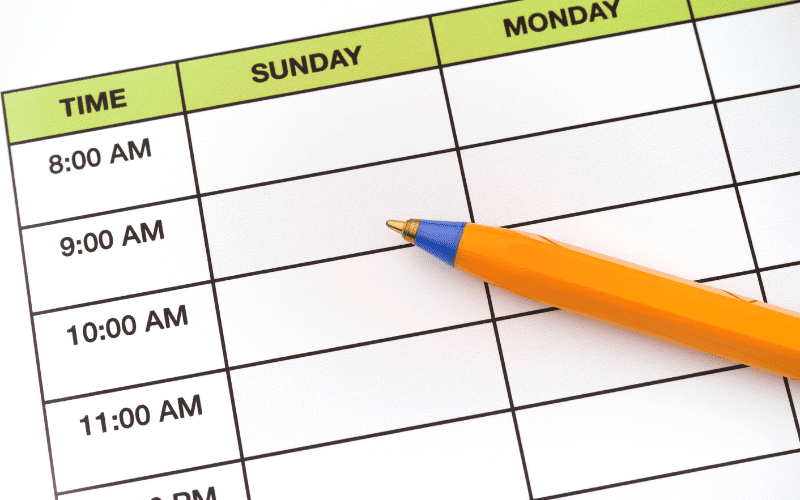Fact 13: Lifestyle Modifications Can Aid in PCA Management

While medical interventions and therapies are crucial in managing PCA, lifestyle modifications can also have a significant impact. Simple changes in the home environment or daily routine can go a long way in helping individuals with PCA navigate their daily lives more independently and safely.
In terms of the home environment, enhancing visual contrast, reducing clutter, and improving lighting can help individuals with PCA better interpret their surroundings. Labeling household items, maintaining consistent locations for belongings, and avoiding moving furniture can provide a sense of familiarity and predictability.
In terms of daily routines, maintaining a structured and consistent schedule can provide a sense of security and reduce confusion. Incorporating regular physical activity can enhance overall health and wellbeing, while cognitive exercises, such as puzzles or memory games, can help keep the brain active.
Dietary modifications can also play a role in managing PCA. While there’s no specific diet for PCA, a balanced and nutritious diet can support overall brain health. In the later stages of PCA, if swallowing becomes difficult, a speech and language therapist can provide recommendations for safe and nutritious meal options.
It’s important to remember that while these modifications might seem simple, their impact can be profound. By enhancing independence, safety, and confidence, these lifestyle modifications can significantly improve the quality of life for individuals with PCA. (13)